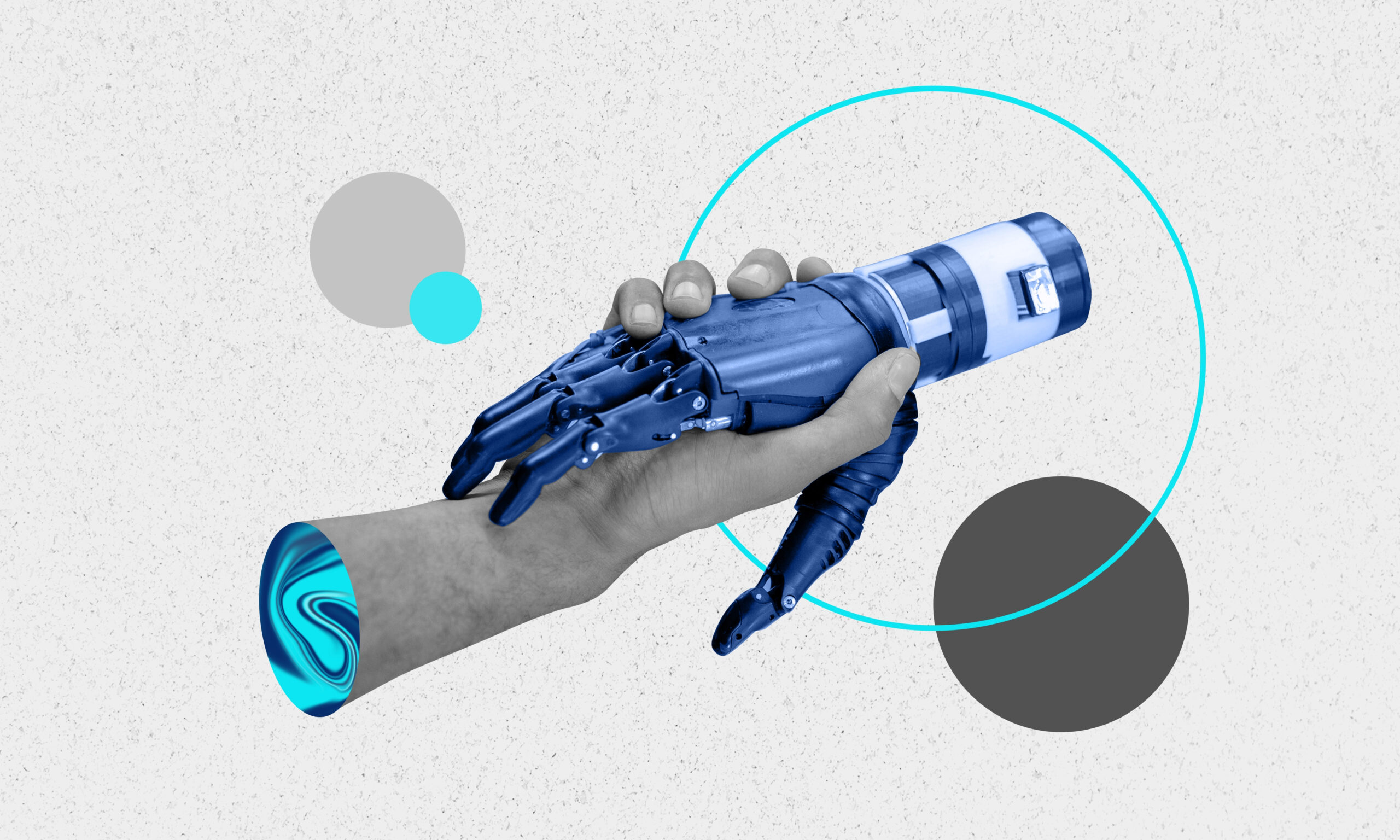How Decentralized Intelligence Will Shape the Future
Artificial Intelligence (AI) and blockchain are two of the most disruptive technologies of the 21st century. While AI excels at processing vast amounts of data and making intelligent decisions, blockchain offers unparalleled security, transparency, and decentralization. As these two fields converge, they are laying the foundation for a future where intelligence is no longer controlled by centralized entities but is distributed across decentralized networks. This transformation will redefine industries, governance, and the very nature of digital trust.
The Challenges of Centralized AI
Currently, AI development is dominated by a few tech giants that control vast datasets and computational resources. These companies have the power to shape AI’s future, dictating its applications, biases, and limitations. This centralized model raises several concerns:
- Data Privacy: AI systems rely on user data, often collected without full transparency or consent.
- Bias and Manipulation: Centralized AI models can be skewed, reflecting biases in training data or the objectives of their creators.
- Security Risks: AI models stored in centralized locations are vulnerable to hacking and exploitation.
- Limited Access: Only a select few have the resources to train and deploy advanced AI models, creating an imbalance of power.
Blockchain, with its ability to create trustless and decentralized ecosystems, presents a viable solution to these issues.
How Blockchain Empowers AI
1. Decentralized Data Ownership
Blockchain allows individuals to own and control their data. Instead of large corporations harvesting and monetizing personal information, users can store encrypted data on decentralized networks. AI models can then access this data with user consent through smart contracts, ensuring privacy and fair compensation for data contributions.
2. Trustless AI Decision-Making
By integrating AI with blockchain’s transparent ledger, AI models can make verifiable and auditable decisions. This prevents black-box decision-making and ensures accountability. For example, AI-driven lending platforms can use blockchain to record all decisions, making it easy to trace why a loan was approved or denied.
3. AI-Powered Smart Contracts
Smart contracts are self-executing agreements coded on the blockchain. AI enhances these contracts by enabling them to process complex real-world data and make predictive decisions. Imagine an insurance contract that automatically adjusts premiums based on real-time AI analysis of health data, all while ensuring privacy through encryption.
4. Incentivizing AI Development Through Tokenization
Blockchain enables new economic models where AI developers can be rewarded through tokenized ecosystems. Projects like SingularityNET and Fetch.AI demonstrate how decentralized AI marketplaces allow developers to create, share, and monetize AI models without relying on corporate gatekeepers.
5. Combining AI with Proof-of-Engagement Models
Traditional blockchain consensus mechanisms, like Proof-of-Work and Proof-of-Stake, are energy-intensive and can limit scalability. AI-driven consensus models, such as Proof-of-Engagement, can optimize blockchain operations by predicting optimal transaction processing, reducing costs, and improving efficiency.
Real-World Applications of AI-Blockchain Integration
1. Healthcare: Secure, AI-Powered Diagnostics
Blockchain can store encrypted medical records, allowing AI models to analyze patient data without exposing sensitive information. AI can predict diseases, suggest treatments, and optimize hospital resource allocation while blockchain ensures data integrity and patient consent.
2. Finance: Fraud Prevention and Risk Analysis
AI models analyzing financial transactions can detect fraudulent patterns in real time. When combined with blockchain’s immutable ledger, fraudulent activities become easier to trace and prevent, making digital finance more secure and efficient.
3. Autonomous Organizations: The Future of Governance
Decentralized Autonomous Organizations (DAOs) are already transforming governance by enabling community-driven decision-making. AI can enhance DAOs by optimizing voting mechanisms, identifying inefficiencies, and preventing fraudulent activities.
4. Supply Chain: Intelligent, Transparent Logistics
AI can optimize supply chain routes and predict market demand, while blockchain provides transparent tracking of goods. This eliminates inefficiencies, reduces waste, and ensures ethical sourcing.
5. The Metaverse and Digital Identity
In the evolving metaverse, AI will drive immersive experiences, while blockchain will provide secure digital identities. Users will own their data, avatars, and virtual assets without relying on centralized platforms.
The Road Ahead: Challenges and Considerations
While the AI-blockchain convergence offers immense potential, challenges remain:
- Scalability: Current blockchain infrastructure must improve transaction speeds to support real-time AI applications.
- Interoperability: AI-blockchain projects must integrate seamlessly with existing systems.
- Regulation: Governments must develop frameworks that balance innovation with ethical considerations.
- Energy Consumption: AI and blockchain operations require significant computational power, necessitating greener solutions.
Conclusion: A Decentralized Intelligence Revolution
The fusion of AI and blockchain marks the dawn of decentralized intelligence. This convergence is not just about improving technology but reshaping power dynamics in the digital world. By decentralizing data ownership, creating trustless AI systems, and enabling new economic models, AI-blockchain integration will drive a future where intelligence serves everyone, not just a select few. The revolution has begun—are we ready to embrace it?
